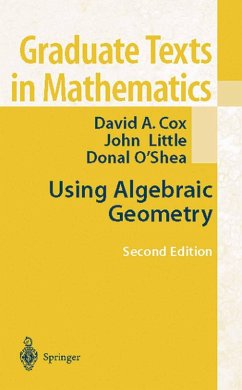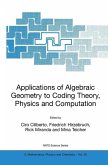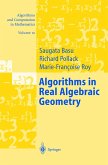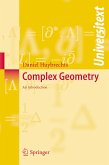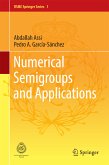The book is written for nonspecialists and for readers with a diverse range of backgrounds. It assumes knowledge of the material covered in a standard undergraduate course in abstract algebra, and it would help to have some previous exposure to Gröbner bases. The book does not assume the reader is familiar with more advanced concepts such as modules.
For the new edition, the authors have added a unified discussion of how matrices can be used to specify monomial orders; a revised presentation of the Mora normal form algorithm; two sections discussing the Gröbner fan of an ideal and the Gröbner Walk basis conversion algorithm; and a new chapter on the theory of order domains, associated codes, and the Berlekamp-Massey-Sakata decoding algorithm. They have also updated the references, improved some of the proofs, and corrected typographical errors.
David Cox is Professor of Mathematics at Amherst College. John Little is Professor of Mathematics at College of the Holy Cross. Dona
l O'Shea is the Elizabeth T. Kennan Professor of Mathematics and Dean of Faculty at Mt. Holyoke College. These authors also co-wrote the immensely successful book, Ideals, Varieties, and Algorithms.
Dieser Download kann aus rechtlichen Gründen nur mit Rechnungsadresse in A, B, BG, CY, CZ, D, DK, EW, E, FIN, F, GR, HR, H, IRL, I, LT, L, LR, M, NL, PL, P, R, S, SLO, SK ausgeliefert werden.

